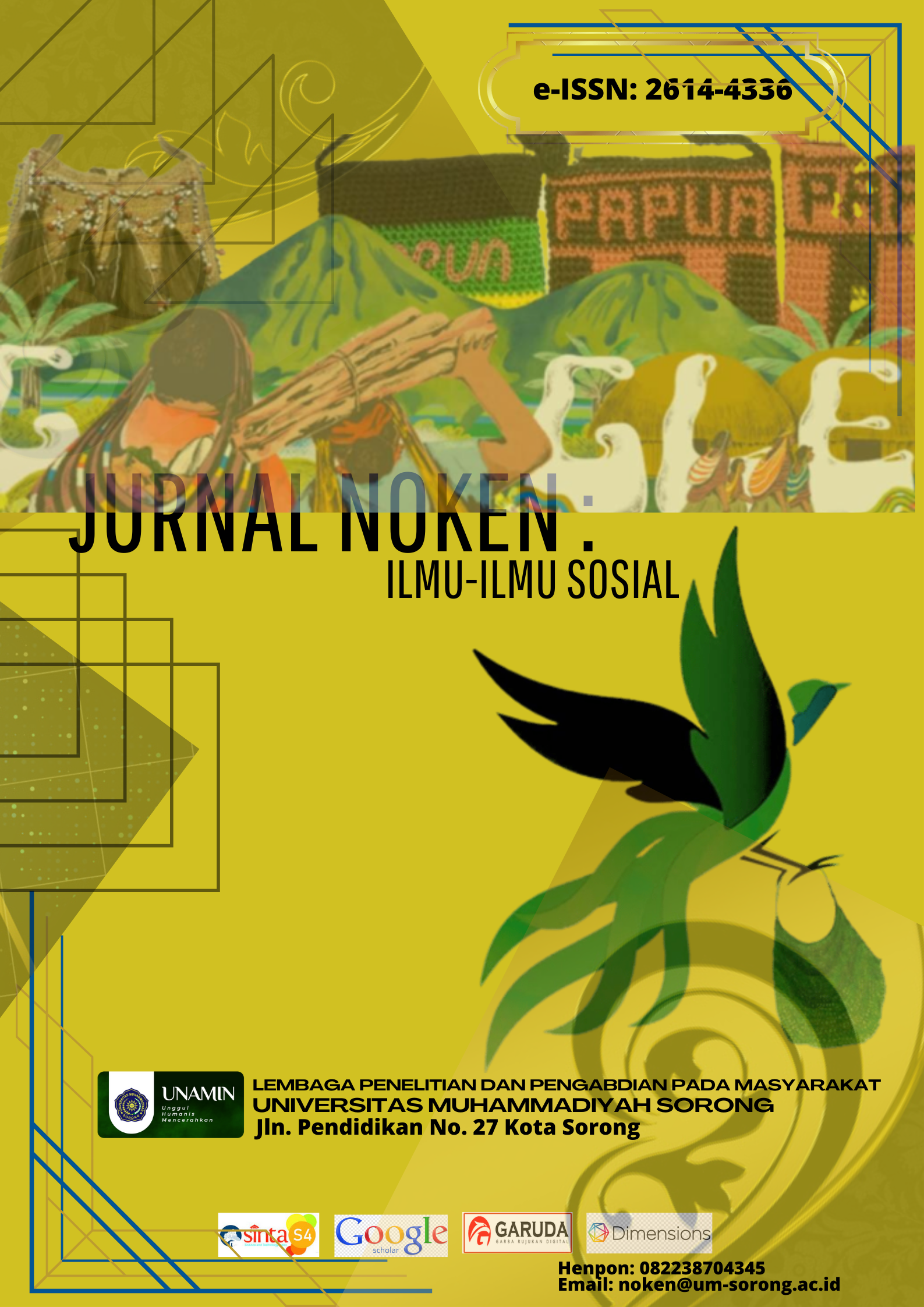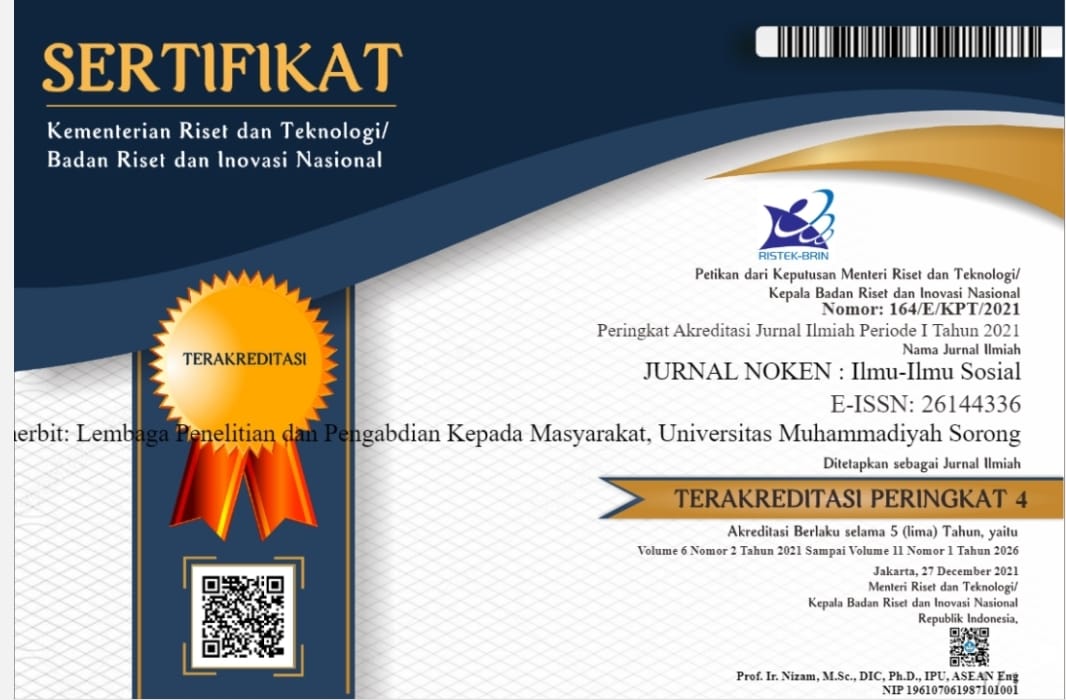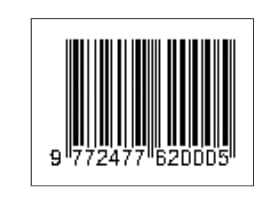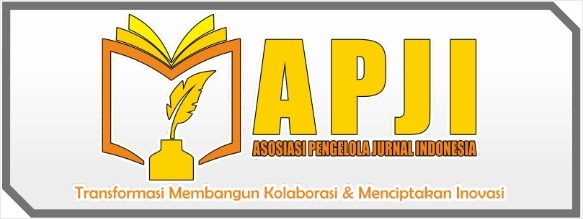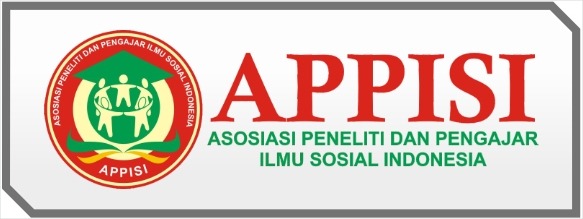Konsep Diri Pada Remaja Otaku Anime
DOI:
https://doi.org/10.33506/jn.v10i2.3805Keywords:
Konsep Diri, Otaku Anime, RemajaAbstract
Otaku are young people, both male and female, usually between the ages of 15 to 29, and when they reach adulthood, they remain enthusiastic about cartoons that are mostly intended for children. The purpose of this study is to analyze the factors of self-concept factors in anime otaku teenagers. This research uses a qualitative method with a phenomenological approach. The data collection technique uses observation and interview methods to anime otaku teenagers. While the data analysis method uses coding and credibility testing using peer triangulation. The results showed that Informant I explained how anime community members provide a significant positive influence, by creating a sense of connectedness and solidarity through recommendations and support amidst differences in interests. Meanwhile, Informant II highlighted the role of online communities, such as on Facebook and Discord, in strengthening her identity as an anime fan. Informant III emphasized her active role as an anime fan who not only enjoys entertainment but also understands Japanese culture. She seeks to change negative stereotypes of anime fans through her participation in positive communities. Similarly, Informant I focuses more on social support and self-discovery, Informant II on self-discovery and courage, while Informant III on cultural understanding and active role in the community.
References
Afiuddin, M. C. (2019). Fenomena Gaya Hidup Remaja Wibu Pada Budaya Populer Jepang Melalui Anime Dan Fashion (Studi Di Daerah Daan Mogot Cengkareng Jakarta Barat). Ilmu Sosial Dan Politik, 5(2), 40–51.
Al-Farouqi, A. (2020). The Law of Anime: Otaku, Copyright, Fair Use, and It’s Infringements in Indonesia. JIPRO : Journal of Intellectual Property, 3(1), 42–60. https://doi.org/10.20885/jipro.vol3.iss1.art3
Assidiq, W. F. R. (2023). Analisis Peran Media Sosial Dalam Membentuk Identitas Nasional Generasi Milenial di Indonesia. Jurnal Sosial Teknologi, 3(9), 772–775. https://doi.org/10.59188/jurnalsostech.v3i9.912
Ayun, P. Q. (2015). Fenomena Remaja Menggunakan Media Sosial dalam Membentuk Identitas. KOMUNIKA: Jurnal Dakwah Dan Komunikasi, 3(2), 1–16. https://doi.org/10.24090/komunika.v11i2.1365
Biiznilla Yulian, S. (2019). Perilaku Komunikasi Otaku dalam Interaksi Sosial (Studi Fenomenologi Pada Anggota Komunitas Jepang Soshonbu Bandung). Jurnal Komunikasi, 13(2), 191–200. https://doi.org/10.20885/komunikasi.vol13.iss2.art6
Bugiardo, D. (2015). Berkomunikasi ala Net-Generation (E. B. Supriyanto (ed.)). PT. Gramedia Jakarta.
Dwishintaria, J., & Yunithree Suparman, M. (2024). Perbedaan Konsep Diri Penggemar Anime Antara Cosplayer dan Non-Cosplayer. INNOVATIVE: Journal Of Social Science Research, 4, 4137–4146.
Galbraith, P. W. (2009). Exploring Virtual Potential in Post-Millennial Japan. 1–24.
Habibah. (2018). Aspek Konsep Diri. Journal of Chemical Information and Modeling, 53(9), 1689–1699.
Hadjarati, H. (2020). Jurnal Ilmu Keolahragaan. Jurnal Ilmu Keolahragaan Undiksha, 8, 127–135.
Handaningtias, U. R., & Agustina, H. (2017). Peristiwa Komunikasi Dalam Pembentukan Konsep Diri Otaku Communication Events in Forming the Self Concept of. Jurnal Kajian Komunikasi, 5(2), 202–209.
Hartanti, J. (2018). Konsep Diri Karakteristik berbagai usia.
Hidayati, S. (2024). Analisis Perilaku Sosial Masyarakat Perkotaan Dalam Pembelian Merchandise Pada Kalangan Remaja Kpop Di Kota Medan. Jurnal Noken: Ilmu-Ilmu Sosial, 10(2), 321–336. https://doi.org/10.33506/jn.v8i2.2444
Irawan, S. (2017). Pengaruh Konsep Diri Terhadap Komunikasi Interpersonal Mahasiswa. Scholaria : Jurnal Pendidikan Dan Kebudayaan, 7(1), 39. https://doi.org/10.24246/j.scholaria.2017.v7.i1.p39-48
Mapossa, J. B. (2018). PSIKOLOGI ANIME. Psikologi, 372(2), 2499–2508. http://www.ncbi.nlm.nih.gov/pubmed/7556065%0Ahttp://www.pubmedcentral.nih.gov/articlerender.fcgi?artid=PMC394507%0Ahttp://dx.doi.org/10.1016/j.humpath.2017.05.005%0Ahttps://doi.org/10.1007/s00401-018-1825-z%0Ahttp://www.ncbi.nlm.nih.gov/pubmed/27157931
Nugroho, P. A., & Hendrastomo, G. (2017). Anime Sebagai Budaya Populer... (Prista Ardi Nugroho). Jurnal Pendidikan Sosiologi, 6(3), 1–15.
Nuraini. (2020). Pengaruh Self-Esteem, Perceived Sosial Support, Dan Sense Of Community Terhadap Subjective Well-Being Penggemar Anime. 7(2), 20–29.
Pahleviannur, M. R. (2022). Metodologi Penelitian Kualitatif (F. Sukmawati (ed.)). Pradina Pustaka.
Panggabean. (2023). Analisis Terhadap Konsep Diri Remaja Pecinta Anime. Jurnal Psikologi Pendidikan Dan Pengembangan Sdm, 12(8.5.2017), 13–18.
Pratama. (2022). Konsep Diri Mahasiswa Otaku Di Kota Bandung (Analisis Terhadap Konsep Diri Yang Dimiliki Oleh Mahasiswa Otaku Yang Ada DiKota Bandung). Communication, 13(1), 86. https://doi.org/10.36080/comm.v13i1.1688
Proborini, A. (2015). Hubungan Menonton Animasi Jepang (Anime) Dengan Konsep Diri Remaja Di Komunitas Atsuki Yogyakarta. Jurnal Keperawatan Respati, 2(September), 29–36.
Septiani, N. W. (2017). Konsep Diri Remaja Ditinjau Dari Kegemarannya Terhadap Musik Pop Korea (Korean Pop). Universitas Negeri Surabaya, 2012, 1–14.
Ulfa, U. (2019). Pembentukan Konsep Diri Otaku Anime Di Kota Semarang. Universitas Semarang, 3–4. https://www.minsal.cl/wp-content/uploads/2019/01/2019.01.23_Plan-Nacional-De-Cancer_web.pdf
Yelvita, F. S. (2022). Analisis Terhadap Konsep Diri Remaja Pecinta Anime Di Komunitas Genesis Art Semarang. Majalah Lontar, 34(8.5.2017), 2003–2005.
Downloads
Published
How to Cite
Issue
Section
License
Copyright (c) 2024 Bagas Reffi Hernanda Putra Putra, Mohammad Khasan

This work is licensed under a Creative Commons Attribution-ShareAlike 4.0 International License.

